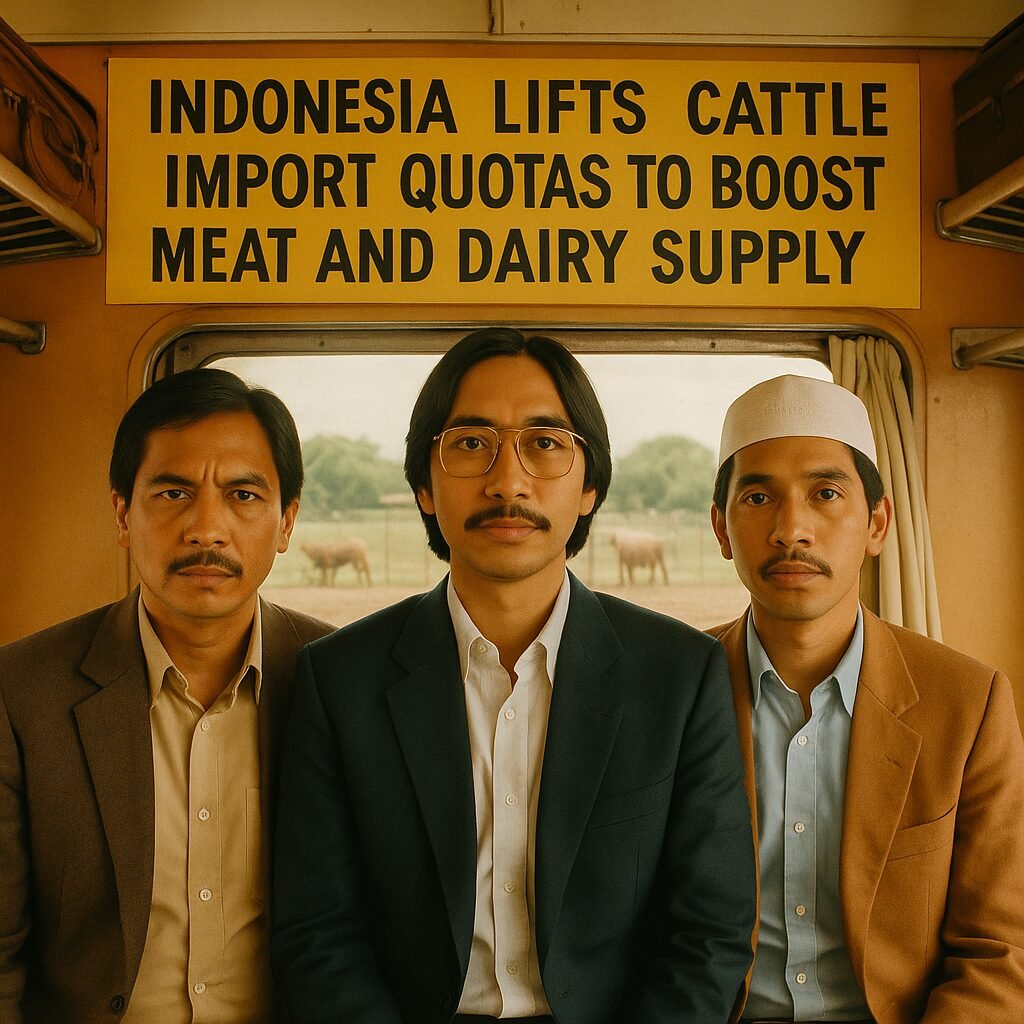- Indonesia lifts quota restrictions on live cattle imports to bolster meat and milk supplies.
- Move aims to meet rising demand, boost production, stimulate economy, but may impact local farmers.
- Indonesian government faces challenge in protecting local farmers amidst increased foreign competition.

Indonesia has recently made a significant move in its agricultural sector, specifically in relation to its meat and dairy supply. According to an article published on ANTARA News, the Indonesian government has decided to lift quota restrictions on live cattle imports. This strategic action has been implemented with the objective of ensuring the availability of meat and milk supplies in the country, and concurrently, to strengthen the national agricultural sector.
This decision can be seen as a response to the growing demand for meat and milk products in Indonesia. By removing the import limits, the country can import more cattle, which in turn, can boost the production of meat and milk. Not only will this move address the immediate demand, but it also has the potential to stimulate the domestic market, create more job opportunities, and ultimately, contribute to the local economy.
However, the lifting of import limits will potentially expose the domestic cattle industry to increased competition from foreign producers. The Indonesian government must therefore ensure that the interests of local farmers are protected. This could be achieved through the provision of adequate support systems, such as subsidies or financial aid, to help them remain competitive.
In conclusion, the decision to lift cattle import limits in Indonesia reflects a strategic move to boost the country’s meat and milk supply. While this has potential benefits for the domestic market and economy, the impact on local farmers and the domestic cattle industry must also be carefully considered and managed.

